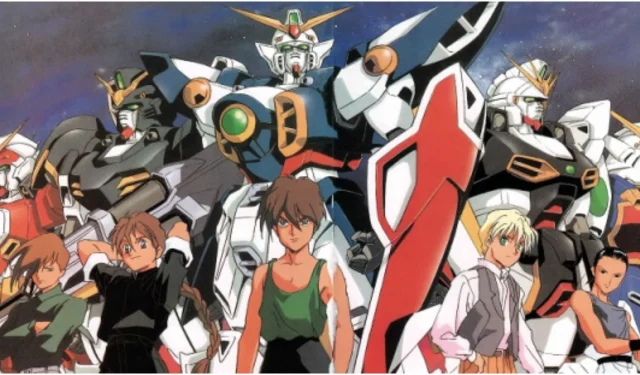The Mobile Suit Gundam franchise stands on the brink of a transformative global era. Following the immense success of a blockbuster movie in Japan, the highly anticipated Gundam GQuuuuuuX series is set to stream internationally starting April 8, 2025. Excitingly, a live-action Gundam film is currently in development by Legendary Pictures and Bandai Namco. Along with a sequel to the acclaimed Mobile Suit Gundam: Hathaway, these projects underscore the franchise’s enduring appeal since its launch in 1979.
Once a dominant force in anime, Gundam reached widespread recognition with Gundam Wing, which became the franchise’s first major hit outside Japan. Although interest waned over time, the impact of Gundam Wing—celebrating its 30th anniversary in 2025—was profound. It demonstrated that with the right approach, Gundam could capture the hearts of Western audiences, setting a foundation for its future growth.
The Real Robot Revolution Begins
Mobile Suit Gundam: A War Story with Heart
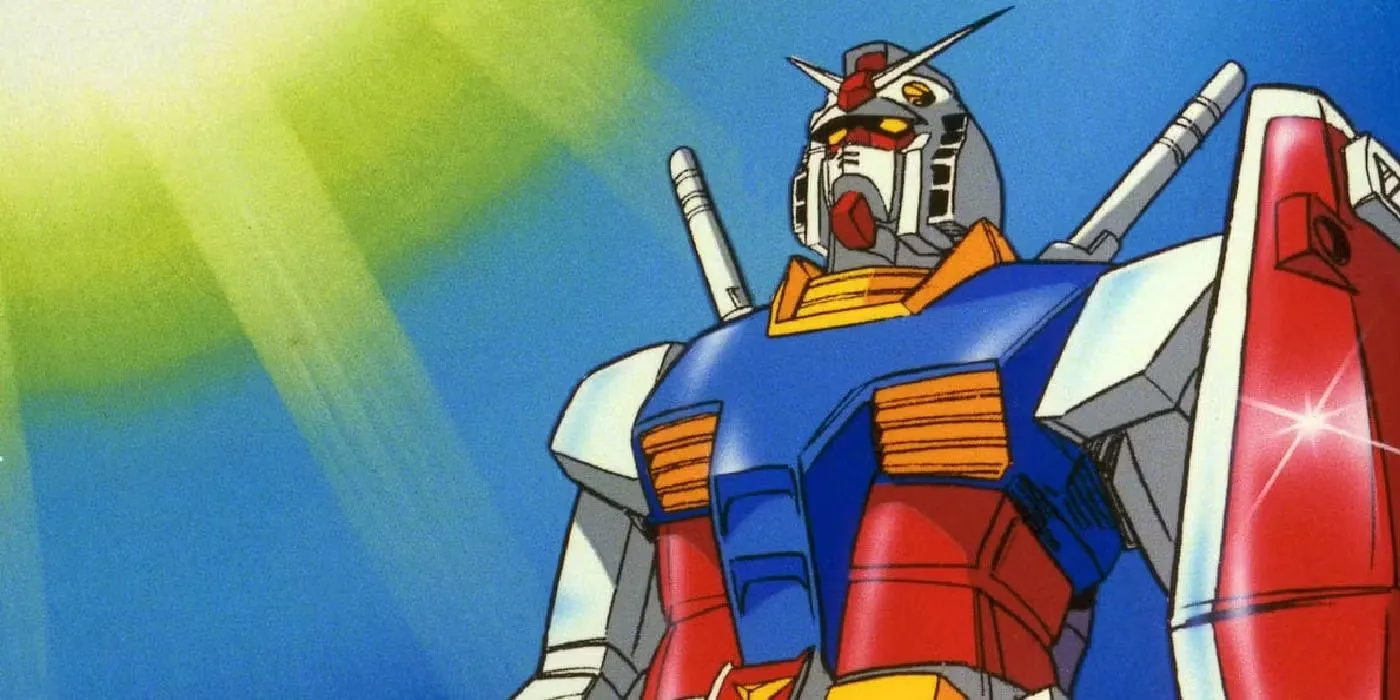
When Mobile Suit Gundam debuted on Japanese television on April 7, 1979, it initiated a revolutionary shift in anime. Directed by Yoshiyuki Tomino and produced by Sunrise, this series redefined mecha narratives with a focus on realism over fantastical super robots. Instead of overly simplified heroes, viewers encountered military machines grounded in real-world politics and human failings, marking the inception of the “real robot”genre—a shift that set new standards for sci-fi anime and catered to audiences seeking greater complexity.
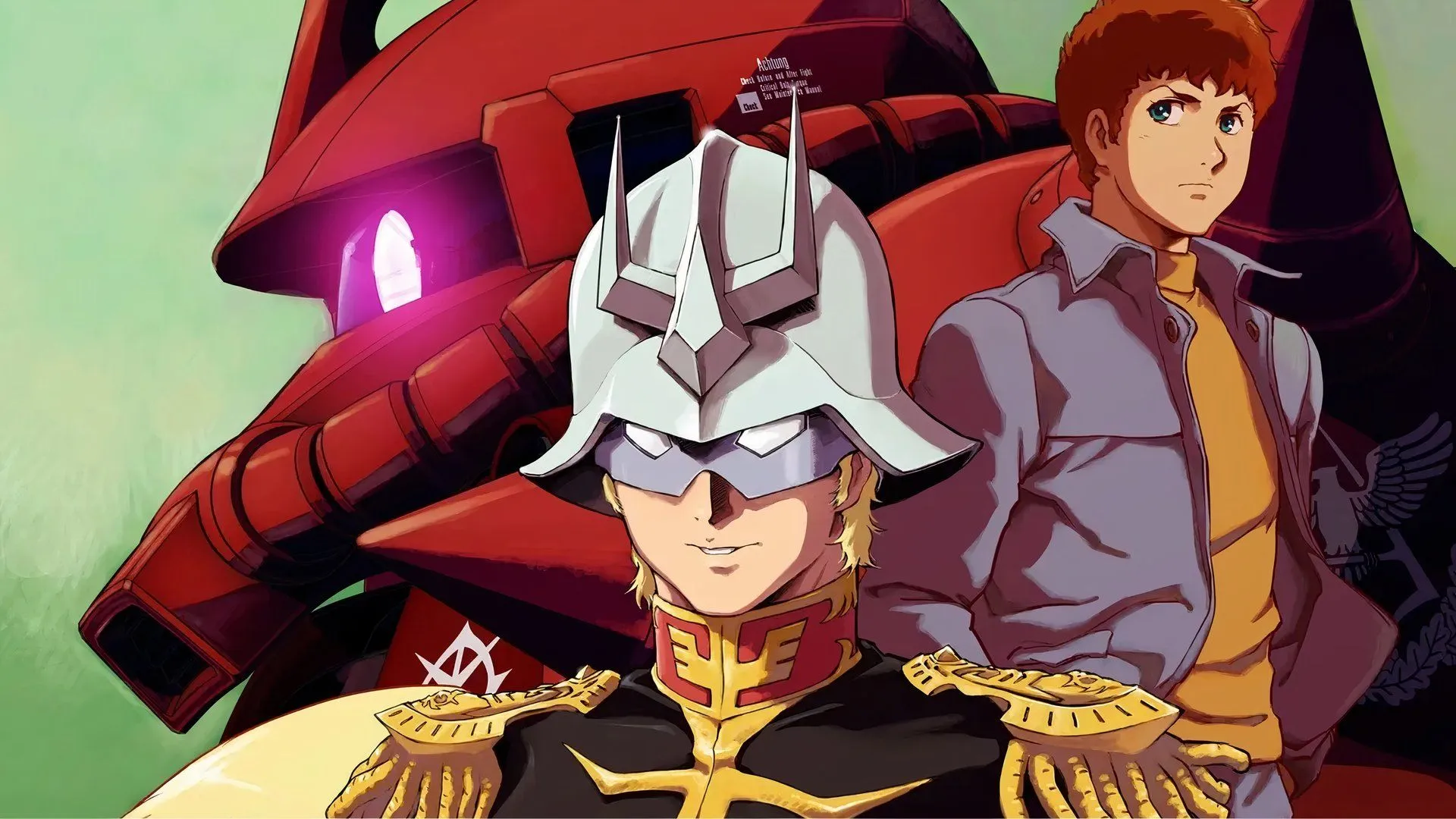
The narrative unfolds in Universal Century 0079 amidst a fierce war between the Earth Federation and the Principality of Zeon. Centered on Amuro Ray, an ordinary teen who becomes an extraordinary pilot of the RX-78-2 Gundam, the series captures the intense rivalry with Zeon ace Char Aznable. By exploring the psychological impacts of war, the emergence of Newtypes, and the loss of innocence, Gundam’s 43-episode original run (later adapted into a trilogy) fused strategy, politics, and science fiction in ways never before seen in anime.
Timelines Multiply, Fans Adapt
Before Wing: A Niche Fandom

The initial Gundam sequels—including Zeta Gundam, ZZ Gundam, and Char’s Counterattack—continued to build on the Universal Century timeline. However, the landscape changed in 1994 with Mobile Fighter G Gundam, which substituted galactic warfare for a martial arts tournament among Mobile Suits. This shift to the Future Century timeline opened avenues for diverse continuities. As a result, the Gundam series gained complexity, exciting fans but complicating accessibility for newcomers.
Reflecting on the late 70s and 80s, I recall how Gundam was almost a secret among American fans, with scant model kits available and shows largely unseen. It wasn’t until 1998 that Bandai brought the original movie trilogy to the U.S. with subtitles and dubs. By then, the audience’s preferences had evolved, gravitating towards cyberpunk series like Ghost in the Shell. In contrast, Gundam’s earnest narrative felt dated.
Gundam Wing Breaks Through
Inside the Industry Shift
The landscape shifted dramatically in 2000 when Gundam Wing premiered on Cartoon Network’s Toonami block, introducing many Americans to the franchise. Its unique detachment from Universal Century continuity made it accessible, but its emotional resonance, particularly with female viewers, was the key. The series featured dynamic characters—Heero, Duo, Trowa, Quatre, and Wufei—who sparked a fandom more invested in interpersonal relations than mere robotic battles.
During this period, I worked within the U.S. anime and manga industry, witnessing the almost overnight popularity of Gundam Wing. This surge of interest surprised many, particularly following the tepid response to the original Gundam films just a few years prior. Consequently, anime fans began exploring a franchise they had previously dismissed, leading companies like Bandai and Viz to cater to this newfound demand with home video and merchandise. While various series were explored, it became evident that Wing was the standout; its unique appeal set it apart from the rest.
Perfect Timing for a New Generation
Gundam’s Legacy—and The Challenge
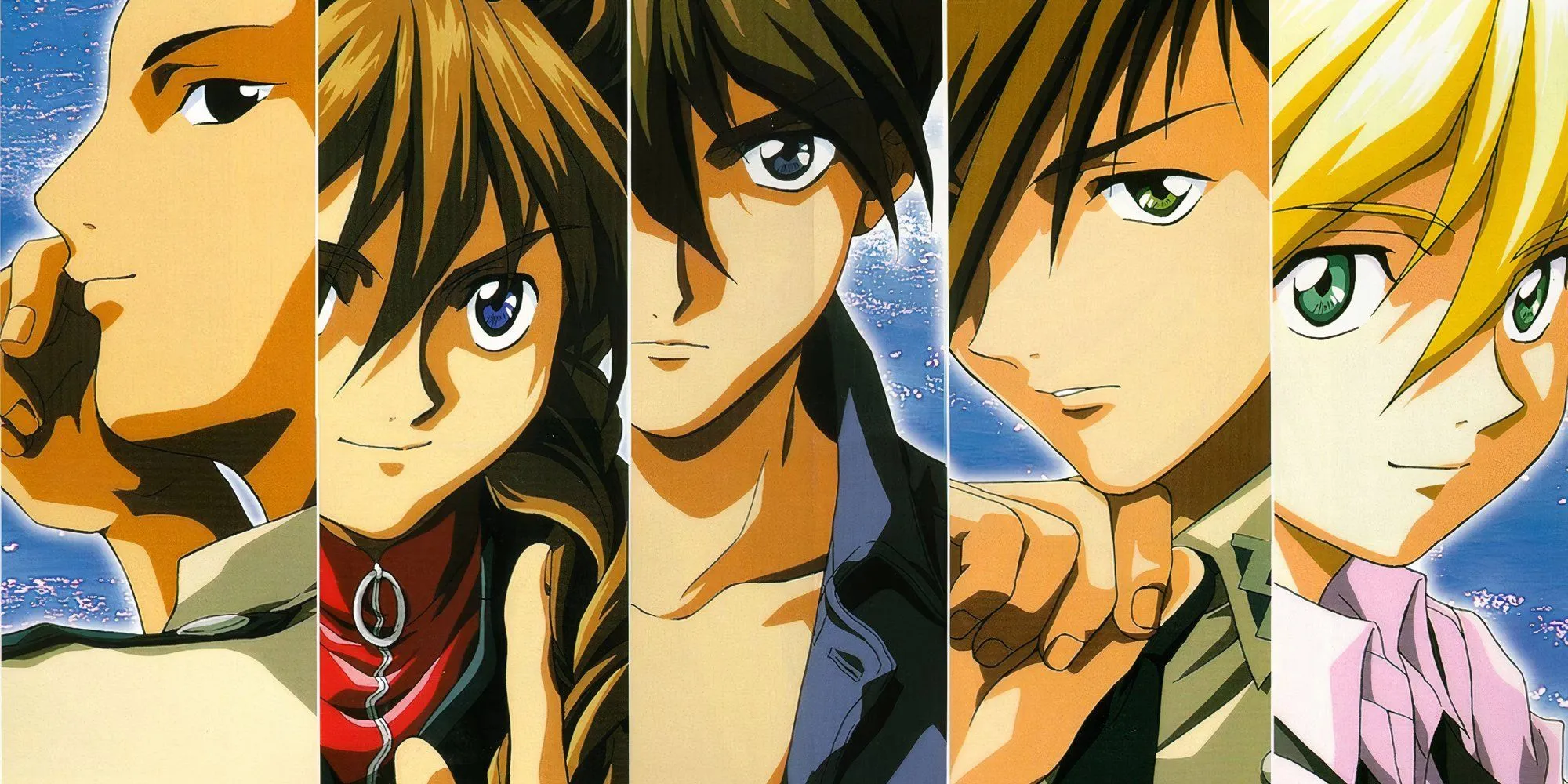
For many, Gundam Wing emerged as anime was beginning to flourish in the U.S., following hits like Dragon Ball Z, Sailor Moon, and Pokémon, which ushered anime into the mainstream. Audiences were primed for something deeper, and Wing succeeded in delivering. The mostly male cast mirrored the boy band phenomenon of the early 2000s, resonating with pop culture much like today’s K-pop idols. Gundam Wing was precisely the right series at the perfect moment.
Despite its groundbreaking success, no subsequent Gundam entry has achieved a comparable cultural footprint in the West. While later series garnered loyal followings, none ignited the same widespread enthusiasm. Core fans persist, meticulously tracking timelines and Mobile Suits, yet the broader audience that once embraced Wing has largely moved on. Nevertheless, Gundam’s ascent in 2000 marks a pivotal moment: the year it transitioned from a niche interest to a significant cultural presence in America.
Can Lightning Strike Twice?
A Golden Age on the Horizon for Gundam
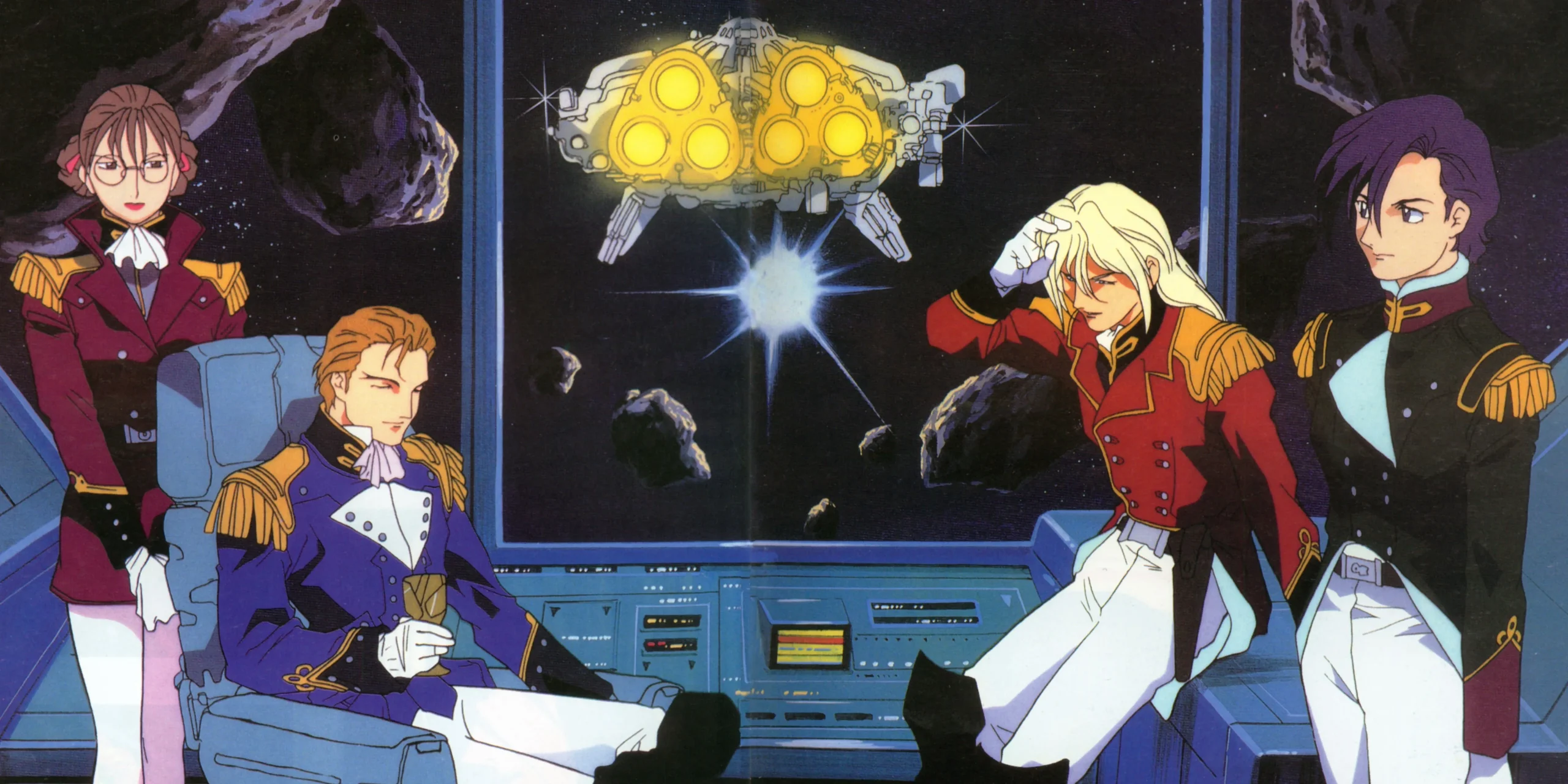

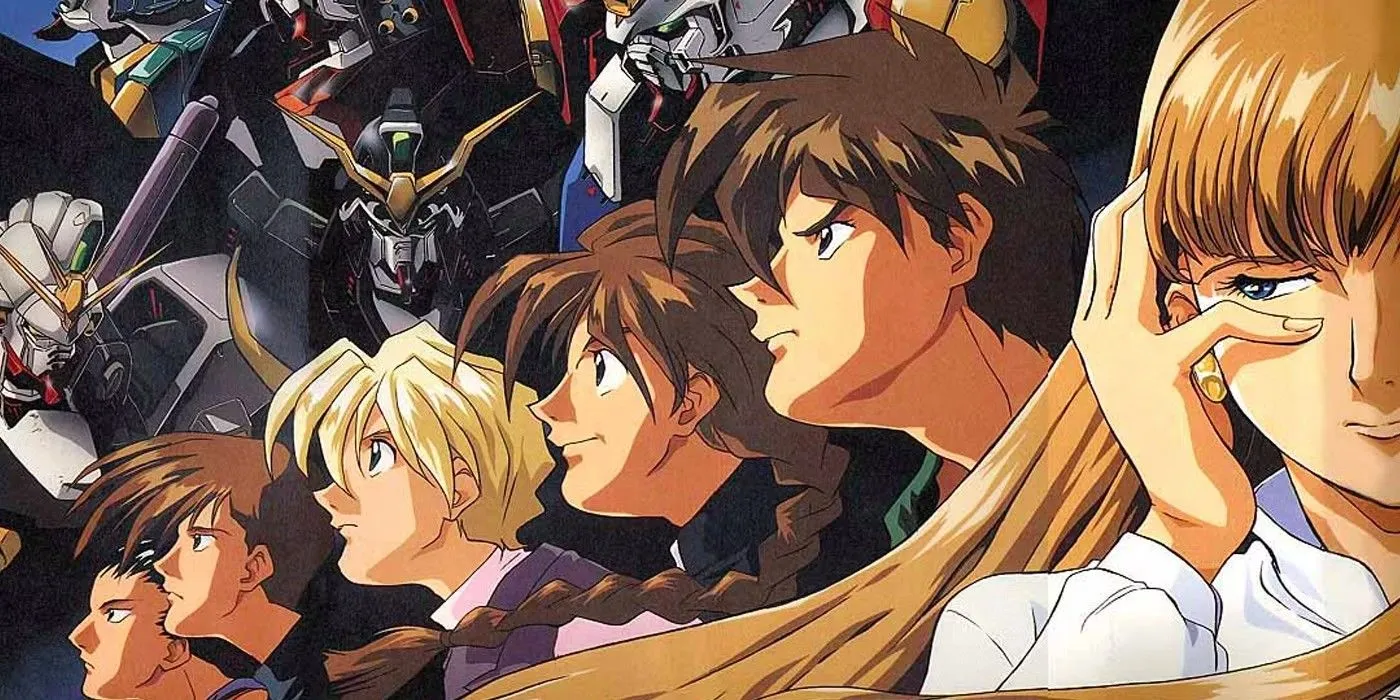
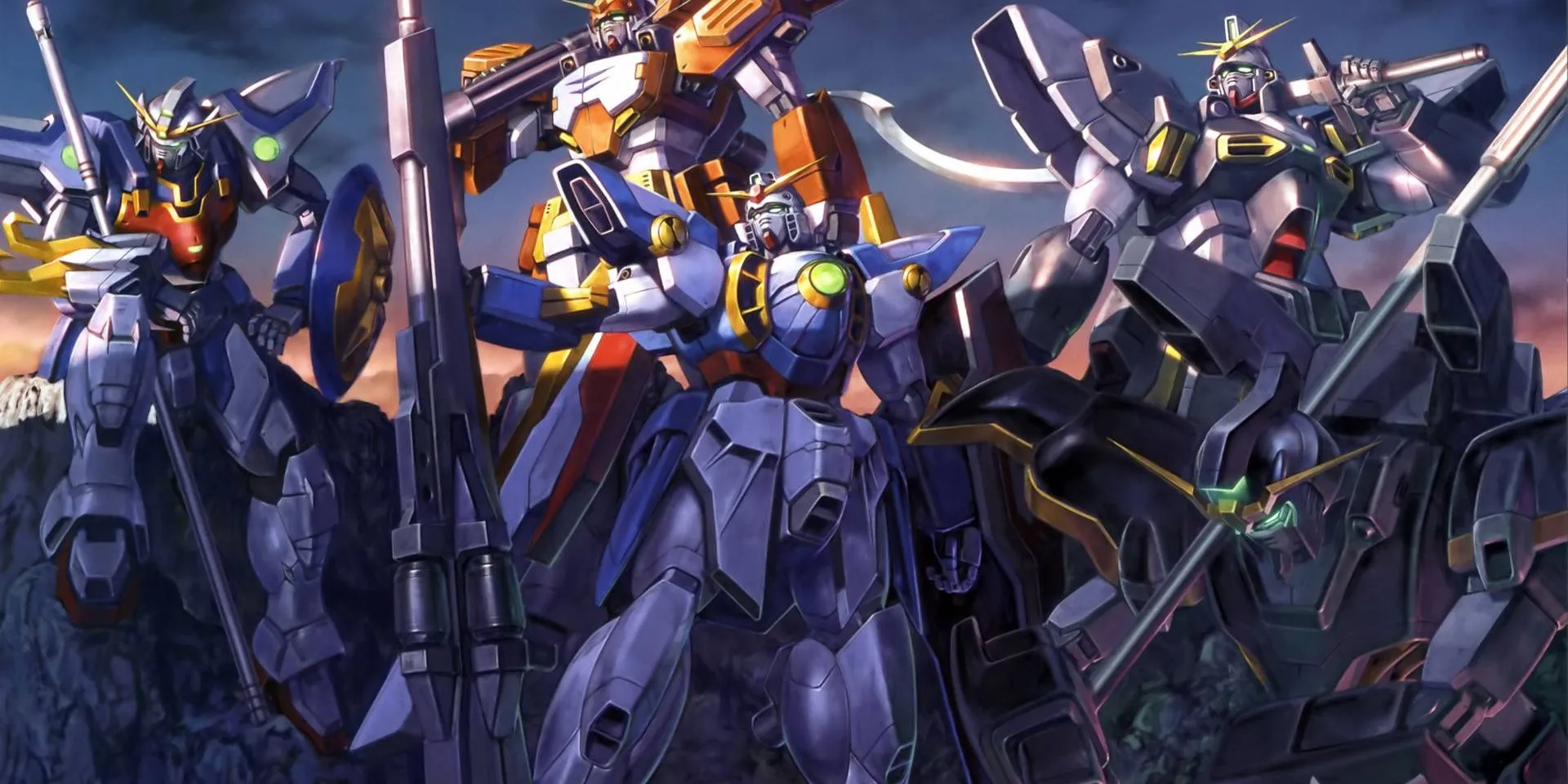
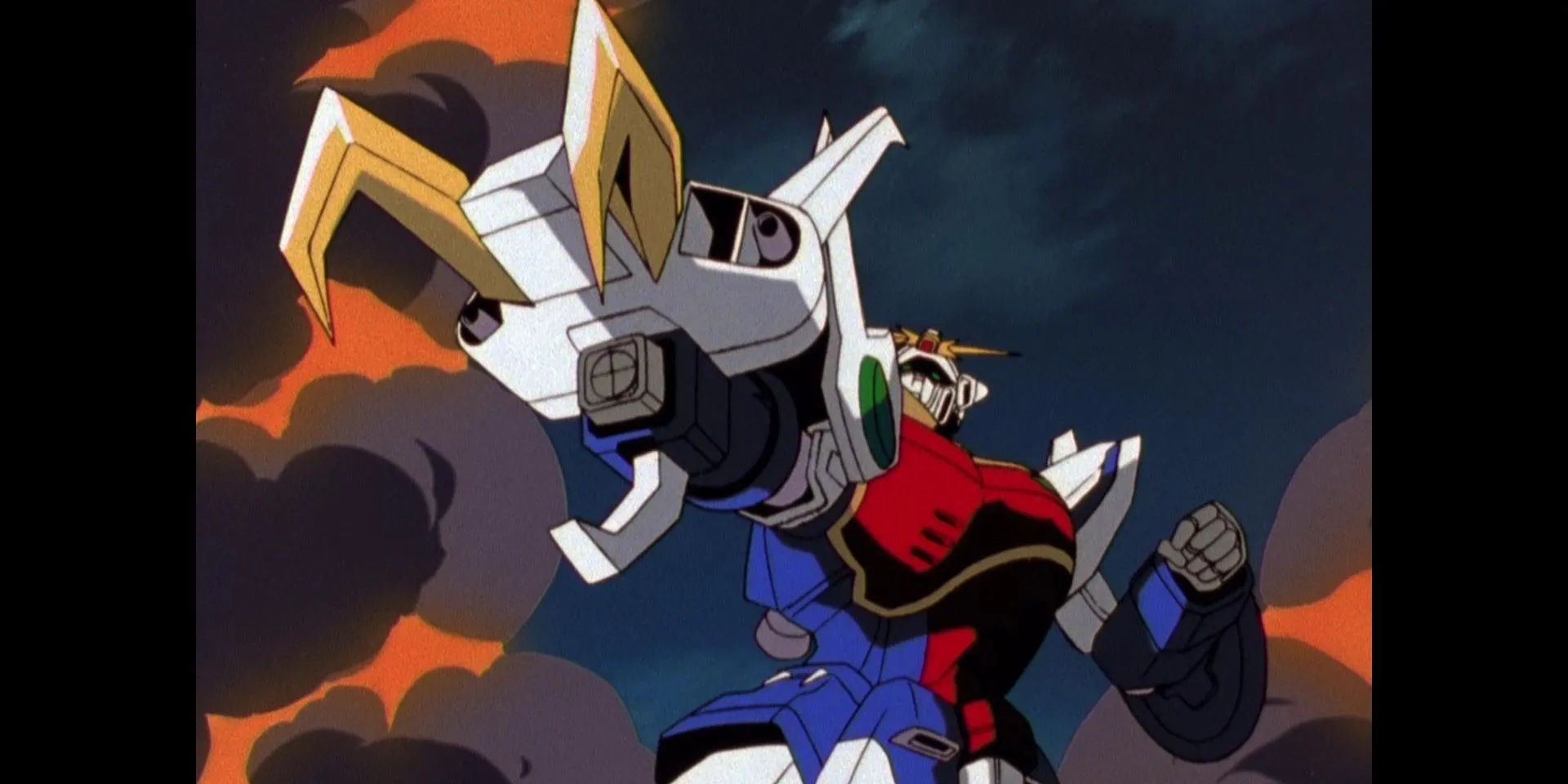
As we look ahead, will the upcoming Gundam productions revive the franchise’s earlier glory? The answer may lie in their emotional resonance. Gundam GQuuuuuuX shifts from the complex characters of Gundam: Hathaway to focus on a new generation of high school girls, featuring relatable protagonists like Amate Yuzuriha—a determined student—and Nyaan, a mysterious war refugee. This vibrant energy recalls the youthful spirit of previous successes, much like Wing did during its time.
If GQuuuuuuX and the live-action Gundam film manage to engage viewers as Wing did, the franchise could be poised for an impactful revival. With a fresh cast and global ambitions, Gundam appears to be gearing up for a bold new chapter filled with unparalleled potential.
